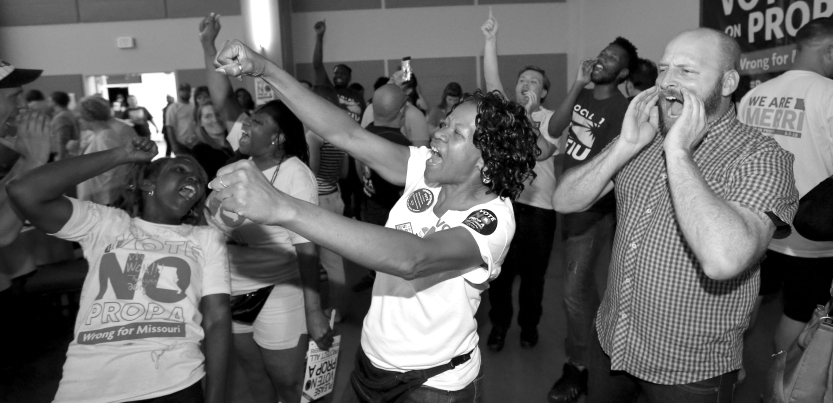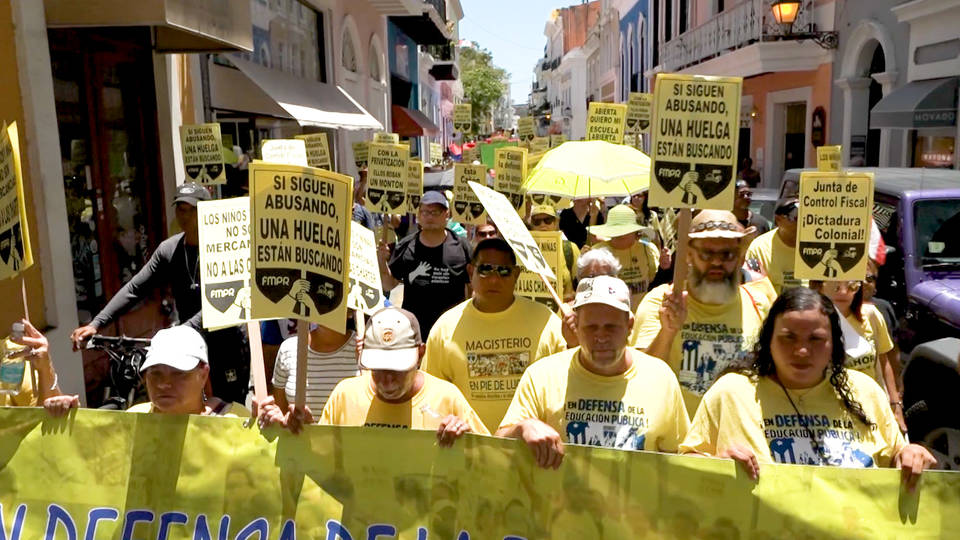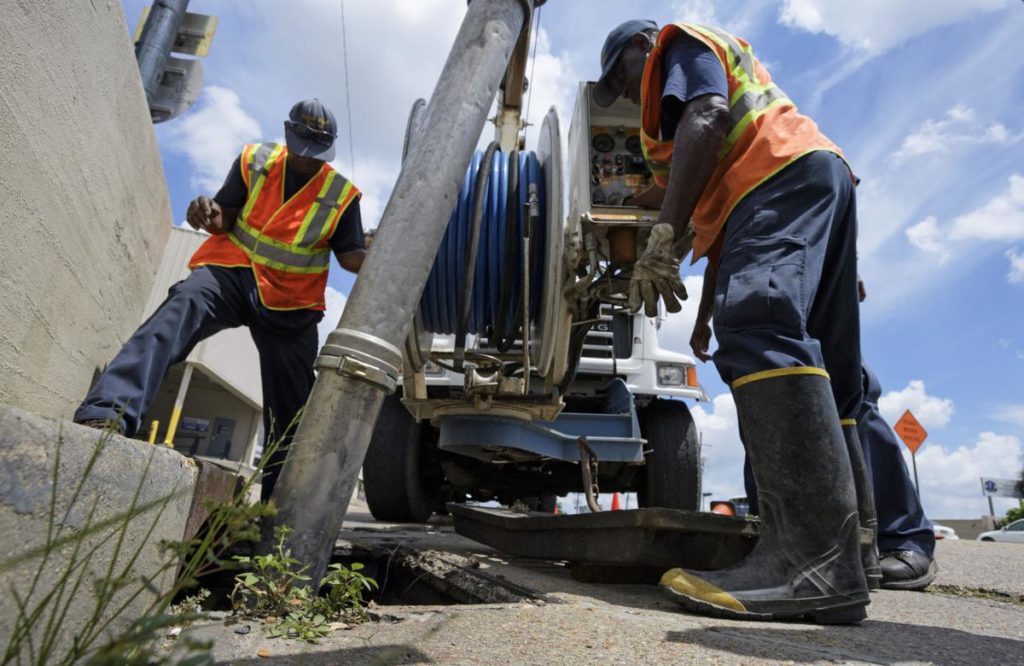
If your only source of news is CNN, FOX, MSNBC, or other corporate-owned (and corporate-oriented) media outlets, you would not know much about the organized peoples’ struggles in this country, and around the world, that are, in some cases, making real advances. The recent union victory in Missouri is a case in point. Workers have achieved something really remarkable, with long-range implications.
The labor movement in Missouri galvanized voters to strike down anti-union, and anti-worker “right to work” legislation in an August 7th referendum. The legislation was defeated with a 2-1 margin. 100 out of 114 counties voted it down, with St. Louis voting 88 percent “no.”
“Right to work” is a policy that is designed to take away workers’ rights. By making union membership optional in unionized workplaces, the power of the union is weakened, tilting the scale in favor of big corporations.
The strength or weakness of unions affects all workers, not just union members. This is born out by the fact that – in “right to work” states like Louisiana and Mississippi – workers have lower average wages, more workers uninsured, and higher rates of on-thejob injuries and deaths. In other words, overall conditions for workers are lowered for workers, and poverty is exacerbated, in states with these anti-union laws.
What is, perhaps, most remarkable, is the ways that the unions went about organizing. Over the course of six months, the unions sent out over 1,000 volunteers (mostly rank and file union members) across the state to collect the 100,000 signatures needed to call a referendum. They actually collected over 300,000.
Almost anyone active in movements today understands the need for having a digital media presence. But these recent union campaigns show that meeting people face to face is still one of the most effective ways to organize. Union volunteers knocked on 770,000 doors (think about that for a moment!) and went wherever workers were gathered.
As Labor Notes reported (labornotes.org), “Robert W. Shuler II, a forge operator and president of IUE-CWA Local 86821 in Centralia, recruited 35 members to go to poker runs, the state fair, bike runs, and festivals all summer.”
Shuler says that these efforts have fundamentally changed his union local for the better. “We have more attendance at meetings. People are asking about stuff to do. Something like this gives people hope.”



